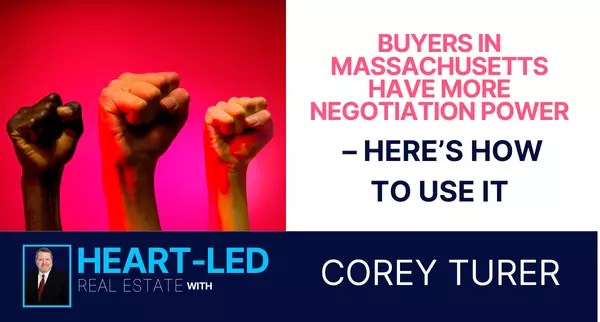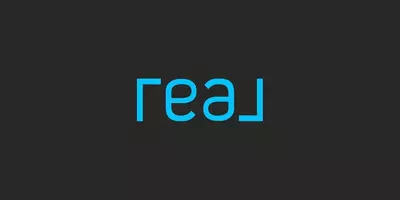Understanding Closing Costs: What They Are and What to Expect
Understanding Closing Costs: What They Are and What to Expect
Closing costs are the fees and expenses required to finalize a real estate transaction. They include everything from loan origination fees and appraisals to title insurance and taxes. Both buyers and sellers share responsibility for closing costs, but buyers typically shoulder the larger portion. Here's a breakdown to help you prepare.
What Do Closing Costs Cover?
Closing costs can include:
- Application Fees: Charges for processing your mortgage application.
- Loan Origination Fees: Typically 1% of the loan, covering administrative processing costs.
- Property Appraisal Fees: Fees to assess the fair market value of the home.
- Title Insurance and Search Fees: Protect against potential disputes over property ownership.
- Escrow Deposits: Funds to cover taxes and insurance for the first months of ownership.
- Recording Fees and Transfer Taxes: Charges to document the change in ownership.
- Pest or Flood Inspections: Fees for required property assessments.
Additional fees may apply based on the type of property or loan program (e.g., VA or FHA loans).
How Much Will You Pay?
Closing costs typically range from 3% to 6% of the home’s purchase price. For example, on a €300,000 home, expect to pay between €9,000 and €18,000. However, location and specific loan terms can influence this amount.
Can Closing Costs Be Negotiated?
Yes, you can negotiate some fees. Here's how:
- Shop Around: Compare lenders, title companies, and insurance providers.
- Time Your Closing: Closing at the end of the month can reduce prepaid interest costs.
- Ask for Seller Contributions: In some cases, sellers may agree to cover a portion of the costs.
Who Pays Realtor Commissions?
Typically, sellers cover real estate commissions, which have traditionally been 5% to 6% of the home’s sale price. However, recent changes in real estate laws could shift commission structures, so check with your agent for updates.
What About No-Closing-Cost Mortgages?
Some lenders offer "no-closing-cost" loans. While these may eliminate upfront fees, they often come with higher interest rates or roll costs into the loan, increasing what you’ll pay over time.
The Bottom Line
Closing costs are a necessary part of buying or selling a home. They cover essential services that ensure a smooth and legal transfer of ownership. Reviewing your lender’s disclosures and asking questions can help you avoid surprises. If you’d like a deeper dive into closing costs or want tips on managing them, let’s connect.
Categories
Recent Posts










GET MORE INFORMATION

